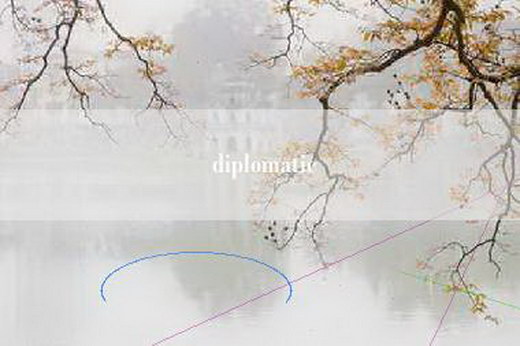diplomatic
Diplomatic: The Art of Negotiation and Communication in International Relations
Introduction
Diplomacy is the art of negotiation and communication in international relations. It is a critical tool for countries to resolve conflicts, establish relationships, and advance their interests. Diplomacy involves the use of various strategies, techniques, and skills to achieve a desired outcome. In this article, we will explore the concept of diplomacy, its importance, and its role in international relations.
The Concept of Diplomacy
Diplomacy is the practice of managing relationships between nations and other actors in the international system. It involves the use of various tools, such as negotiation, communication, and persuasion, to achieve a desired outcome. Diplomacy is not just about resolving conflicts; it is also about building relationships and advancing interests. Diplomacy can take many forms, from formal diplomatic negotiations to informal backchannel talks.

The Importance of Diplomacy
Diplomacy is essential for maintaining peace and stability in the international system. It is a critical tool for resolving conflicts and preventing wars. Diplomacy also plays a vital role in promoting economic cooperation, cultural exchange, and scientific collaboration. Diplomatic efforts can help to advance national interests, build alliances, and promote global governance.
The Role of Diplomacy in International Relations
Diplomacy plays a central role in international relations. It is the primary means by which countries communicate and negotiate with one another. Diplomatic efforts can help to resolve conflicts, establish relationships, and advance national interests. Diplomacy is also essential for promoting international cooperation and addressing global challenges, such as climate change, terrorism, and pandemics.
Diplomatic Strategies and Techniques
There are many strategies and techniques that diplomats use to achieve their objectives. These include:
1. Negotiation: Diplomats use negotiation to reach agreements with other countries. Negotiation involves finding common ground and compromising on differences.
2. Communication: Diplomats use communication to convey messages and build relationships. Effective communication requires listening, understanding, and empathy.
3. Persuasion: Diplomats use persuasion to influence the opinions and actions of others. Persuasion involves presenting arguments and evidence to support a position.
4. Mediation: Diplomats use mediation to help resolve conflicts between other countries. Mediation involves facilitating communication and negotiation between conflicting parties.
5. Backchannel talks: Diplomats use backchannel talks to communicate with other countries discreetly. Backchannel talks can help to build trust and facilitate negotiations.
Conclusion
Diplomacy is the art of negotiation and communication in international relations. It is a critical tool for resolving conflicts, establishing relationships, and advancing national interests. Diplomacy plays a central role in promoting peace, stability, and cooperation in the international system. Diplomats use a range of strategies and techniques to achieve their objectives, including negotiation, communication, persuasion, mediation, and backchannel talks. In today's complex and interconnected world, diplomacy is more important than ever.
标签:
